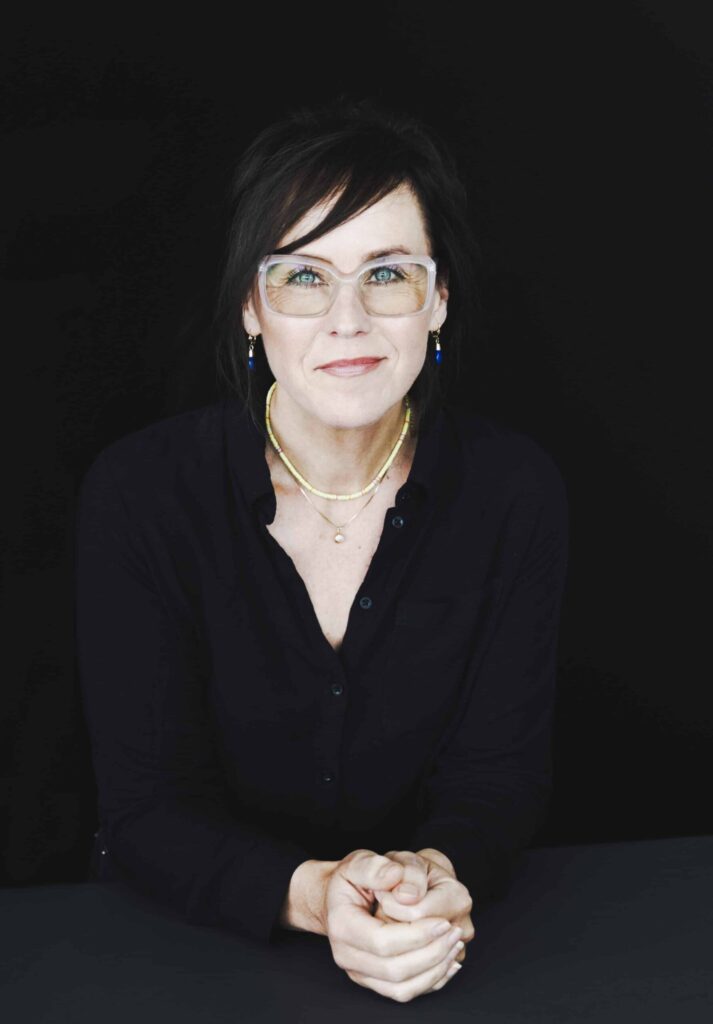[cs_content][cs_section parallax=”false” style=”margin: 0px;padding: 25px 0px 10px;”][cs_row inner_container=”false” marginless_columns=”false” style=”margin: 0px auto;padding: 0px;”][cs_column fade=”false” fade_animation=”in” fade_animation_offset=”45px” fade_duration=”750″ type=”2/3″ style=”padding: 0px;”][cs_text]
Changing the Global Landscape of Gender Equality
Lessons from Afghanistan, Iceland, Kosovo, Mexico and Somalia
12:10 to 1:00 PM on November 10, 2016
Yale Law School, 127 Wall St., Room 121
[x_pullquote type=”left”]”…everything from corporate culture of General Electrics South America, public service
in Mexico, the reality of refugees and maternal health in a war-ridden country of Somalia, post-conflict reconstruction in Kosovo, gender equality in Iceland…”[/x_pullquote]
The Women of Color Collective at Yale Law School, the Yale Society of International Law, and Yale Law Women are thrilled to host a panel featuring four extraordinary women currently in Yale’s Greenberg World Fellows Program: Gabriela Hernandez Cardoso, Hrund Gunnsteinsdottir, and Deqo Mohamed. These World Fellows will discuss their experiences as women advancing their careers in the global arena and advocating for women’s rights. Lunch will be provided.
Moderator Sara A. Lulo, Assistant Dean, Yale Law School.
 How to get there
How to get there
At the panel, we discussed different approaches, definitions of gender, view points on what constitutes gender equality and how we get there, in everything from corporate culture of General Electrics South America, public service in Mexico, the reality of refugees and maternal health in a war-ridden country of Somalia, post-conflict reconstruction in Kosovo, gender equality in Iceland, which scores highest when it comes to gender equality in the world, according to the World Economic Forum. Unfortunately, Fatema Jafari could not join us, as she had to leave earlier than expected to her home country Afghanistan, where she is a politician.
[x_blockquote type=”left”]One indisputably major achievement of the women’s movement in Kosovo has been, along with UNIFEM, the development of the Kosovo Action Plan for the Achievement of Gender Equality.[/x_blockquote]
As part of my preparation for this panel, I did a little research for an update on my main area of focus in the panel, namely, the creation and implementation of the Kosovo National Action Plan for Gender Equality. I was the programme manager for UNIFEM (now UN Women) in Kosovo at the time when the action plan was created (starting in 2001). The plan is based on the 1995 Beijing Platform for Action on Gender Equality, formulated at the United Nations Fourth World Conference on Women in Beijing, China, in September 1995.
The main objective of the Platform for Action, which is in full conformity with the purposes and principles of the Charter of the United Nations and international law, is the empowerment of all women. It is a key policy document that covers main sectors of society and translates into policies and laws in each country. The Kosovo National Action Plan for Gender Equality was adopted by Kosovo in March 2014.
The mission statement of the Beijing Platform for Action says:
“The implementation of this Platform, including through national laws and the formulation of strategies, policies, programmes and development priorities, is the sovereign responsibility of each State, in conformity with all human rights and fundamental freedoms, and the significance of and full respect for various religious and ethical values, cultural backgrounds and philosophical convictions of individuals and their communities should contribute to the full enjoyment by women of their human rights in order to achieve equality, development and peace.”

“Reconstruction efforts by international organisations have usually marginalised or minimised the role of women – as well as undermining their opportunities through gender-blind programming that reinforces traditional gender roles (Corrin 2000). However, the Kosovan women’s movement has grown stronger in the post-conflict period. Both internationally and locally administered women’s organisations have sprouted that work with the ultimate aim of realising women’s full participation in Kosovo and work towards women’s empowerment and equality. One indisputably major achievement of the women’s movement in Kosovo has been, along with UNIFEM, the development of the Kosovo Action Plan for the Achievement of Gender Equality. It is to this National Action Plan that we now turn our attention, to assess its impact and implications for gender equality in Kosovo.”
***
Gabriela Hernández Cardoso is a lawyer with vast experience in both the public and private sectors. In 2010, she was appointed president and CEO of GE Mexico. In this role, Gabriela was responsible for the operations and growth of the company in the country. In 2013, she was named Latin America General Counsel for General Electric. Prior to joining GE, Gabriela worked in the Mexican government, holding positions in the NAFTA negotiation team, Under-Attorney for Consumer Protection and in the Ministry of Communications and Transportation, first as general director for telecommunications and then as undersecretary for communications, a presidential appointment. In the private sector, Gabriela has had experience in corporate law and international trade, working in companies such as Motorola and Tellabs Inc. She has lectured in public and private institutions on both law and international trade. Gabriela earned her law degree with honors from one of the top law schools in Mexico, Escuela Libre de Derecho, where she also completed post-graduate studies. Gabriela is an active board member of corporations, think tanks, universities, and nonprofit organizations. She is also an advisor to Grupo Kaluz, one of Mexico’s top corporations.
Deqo Aden Mohamed is a Somali-born doctor who grew up feeding the refugees her mother was harboring. She earned an MD in Moscow in 2000 and was an OB-GYN resident in Russia until 2003. Deqo continually traveled back to Somalia during work holidays to serve internally displaced people in Mogadishu. She came to America as a refugee in 2003 and gained extensive experience working in health care. She became a naturalized American citizen in 2008. Dr. Mohamed worked with MSF (Doctors Without Borders) from 2008 to 2010 in Somalia during the measles outbreak in the country, she also led the MSF team for vaccination over 14,000 children under 5. Today, she works full time on the ground in Somalia. She leads all operations in the Hawa Abdi Village in Lower Shabelle, while ensuring the safety of the 300 families who have found permanent shelter in the community. She leads the 400-bed Dr. Hawa Abdi General Hospital, the Waqaf-Diblawe Primary School, a women’s education center, and a smart farming agriculture project. She simultaneously manages the administrative aspects of the Dr. Hawa Abdi Foundation as CEO of the organization in the United States. She also delivers lectures at different universities in Somalia. Deqo is the co-founder of Somalia Cancer Society where she actively raises awareness about cancer. Currently she has been selected to sit on the board of Fursad Fund, which is raises money to rebuild Somalia and create jobs for Somali Youth by Somali people around the globe. She is also advices on reproductive health at the Ministry of Health Somalia. She was awarded Glamour Women of the Year 2010 and Black Girls Rock at BET at 2012. Besides her work, Deqo regularly attends conferences and speaks on behalf of DHAF and on Somalia. She has been an invited guest speaker at the World Forum on Human Rights in Brasilia, Brazil, and participated at a ceremony on kidney diseases in Chennai, India. Deqo has been featured on media outlets such as TED, the Leonard Lopate Show, and the Daily Beast.
Fatema Jafari is a women’s rights advocate and public official recently reelected as a member of the Provincial Council of Herat, where she serves on a number of committees related to women’s rights in Afghanistan. As head of the family support committee, she facilitated the creation of an umbrella group of roughly 80 women’s organizations to help coordinate their efforts. Previously she participated in three loya jirgas (consultative councils) from 2009–2013. She has worked on several advocacy campaigns opposing violence against women and has pressed for greater respect for women’s rights at the national level. Since 2008, Fatema has also worked as deputy director of Neswan Association, an Afghan civil society organization dedicated to women’s vocational training. On April 2012, Fatema was invited to the U.S. for the International Visitors Leadership Program, where she obtained training on good governance. Fatema is a frequent contributor to media programs and TV shows, speaking about women’s rights and women’s political participation.
[/cs_text][/cs_column][cs_column bg_color=”hsla(0, 14%, 63%, 0)” fade=”false” fade_animation=”in” fade_animation_offset=”45px” fade_duration=”750″ type=”1/3″ style=”padding: 28px 0px 0px;”][x_share title=”Share this Post” share_title=”” facebook=”true” twitter=”true” google_plus=”false” linkedin=”true” pinterest=”false” reddit=”false” email=”true” email_subject=”Hey, thought you might enjoy this! Check it out when you have a chance:”][/cs_column][/cs_row][/cs_section][cs_section bg_color=”hsla(0, 36%, 74%, 0)” parallax=”false” style=”margin: 0px;padding: 0px 0px 45px;”][cs_row inner_container=”false” marginless_columns=”false” bg_color=”hsla(0, 29%, 81%, 0)” style=”margin: 0px auto;padding: 0px;”][cs_column fade=”false” fade_animation=”in” fade_animation_offset=”45px” fade_duration=”750″ type=”2/3″ style=”padding: 0px;”][x_line class=”pbn” style=”border-top-color: #b75e08;border-top-width: 2px;”][x_custom_headline level=”h2″ looks_like=”h3″ accent=”false” class=”pbm”]More News[/x_custom_headline][x_recent_posts type=”post” count=”3″ offset=”” category=”news” orientation=”horizontal” no_sticky=”true” no_image=”false” fade=”false” class=”pbl”][x_button type=”transparent” shape=”rounded” size=”global” block=”false” circle=”false” icon_only=”false” href=”https://www.hrundgunnsteinsdottir.com/category/news/” title=”” target=”” info=”none” info_place=”top” info_trigger=”hover” info_content=”” style=”float: right;”]all posts in news[/x_button][/cs_column][cs_column fade=”false” fade_animation=”in” fade_animation_offset=”45px” fade_duration=”750″ type=”1/3″ style=”padding: 0px;”] [/cs_column][/cs_row][/cs_section][/cs_content]


 How to get there
How to get there